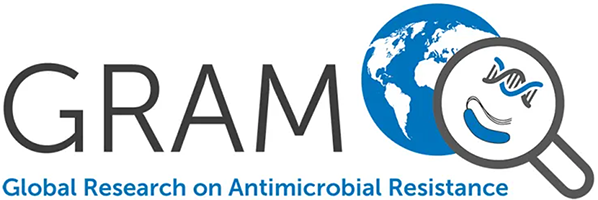About us
The Global Research on Antimicrobial Resistance (GRAM) Project is a partnership between the University of Oxford and the Institute for Health Metrics and Evaluation (IHME) at the University of Washington, to provide rigorous quantitative estimates of antimicrobial resistance (AMR) burden; to increase global-, regional-, and country-level awareness of AMR; to boost surveillance efforts, particularly in low and middle income countries (LMICs); and, to promote the rational use of antimicrobials worldwide.
Formed in 2017 by the UK Fleming Fund, Wellcome Trust and Bill and Melinda Gates Foundation, GRAM aims to support policymakers in achieving future reductions in mortality, morbidity, and other impacts associated with AMR.
At IHME GRAM is led by Director Chris Murray, who co-authored the seminal Global Burden of Disease study in 1996. Prof Murray serves as GRAM's scientific lead, along with Prof Mohsen Naghavi of IHME, and Prof Ben Cooper and Prof Christiane Dolecek of the University of Oxford. Within Oxford GRAM is led by Prof Cooper (PI) and Prof Dolecek (Co-PI), based at the Centre for Tropical Medicine and Global Health, in the Antimicrobial Consumption and Resistance Burden Estimation (MICROBE) research group. Prof Andy Stergachis is a senior investigator contributing expertise at the University of Washington.

